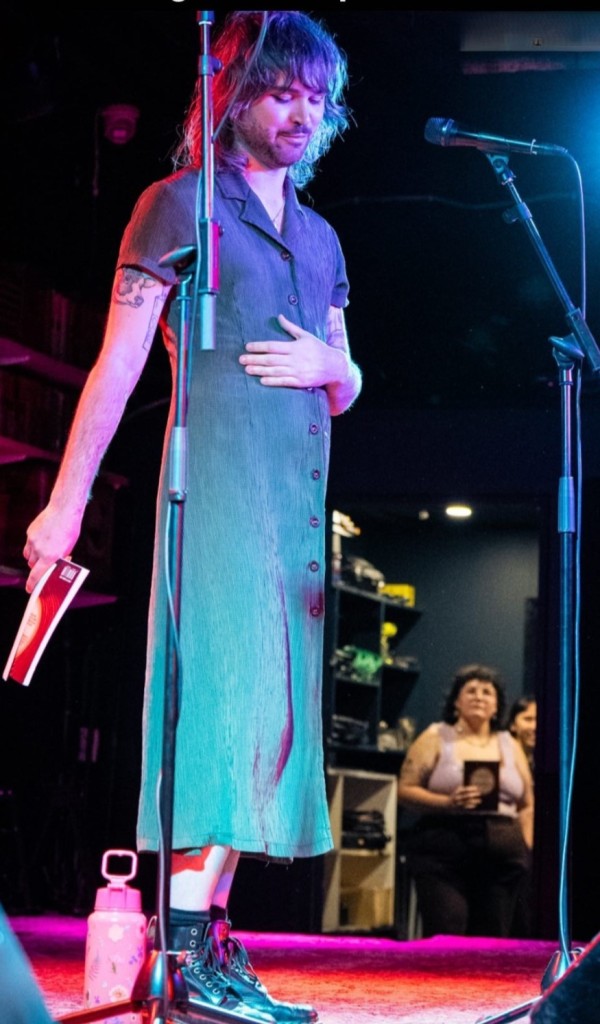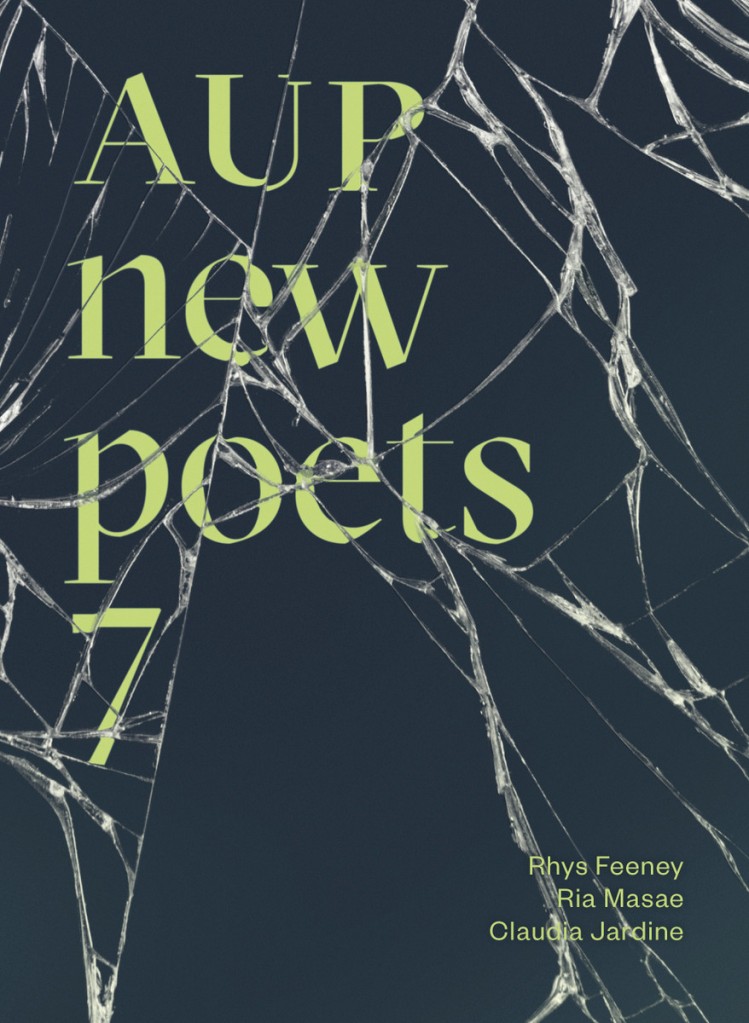Welcome to an ongoing series on Poetry Shelf. I have been thinking a lot about the place of poetry in global catastrophe and the incomprehensible leadership in Aotearoa. How do we write? What to read? Do we need comfort or challenge or both? I am inviting various poets to respond to five questions. Today, poet Rhys Feeney.
1. Has the local and global situation affected what or how or when you write poetry?
The local and global situation has always been at the forefront of what and why I write. The climate crisis, social justice movements, & mental health awareness got me into writing poetry in the first place. The idea that poems are mostly published first online, where they sit next to fake news & propaganda, pushed me to be direct and honest in my poems. Now I’m nearly 30, that’s changed quite a bit. I’ve been writing more about the “situations” which impact me the most, e.g. the state of the education system & anti-trans politics. Looking at my draft manuscript, I can see repeated references to overwork and the physical cost of labour. Even if these are unintentional, they seem to slip in. When the government is cutting funding for education in the middle of what feels like a crisis in the profession, it’s hard to ignore.
As for “when” I write: I don’t. My creative energies are funnelled entirely into helping my tauira.
2. Does place matter to you at the moment? An object, an attachment, a loss, an experience? A sense of home?
Place matters very much. I’m about to move back to the UK, which is where I was raised as a kid. So, I’ve been thinking about how the environments of these two countries are so similar; how colonisation has made Aotearoa a cookie-cutter version of Welsh farmland. It’s strange to place yourself in a settler-state simulacrum and call it your home. Yet, I really do love Aotearoa – the wide sky, hugging wind, and the deep stars at night. So, I’m worried about how it will have been hurt (more) by time I’m back. For instance, with more mines on conservation land.
At the same time, now I’m fully into my transition, it’s frightening moving to the TERF motherland. I suppose I’ve been questioning my sense of home and nationality – how to love a homeland that actively legislates against your existence?
3. Are there books or poems that have struck a chord in the past year? That you turn to for comfort or uplift, challenge or distraction.
Audition by Pip Adam, which I read over the summer, left a deep mark on me. It’s a beautiful SF book which made me reflect a lot on the roll of the education system, and the imported British-style pedagogy, in the justice system. How do I avoid being part of a school-to-prison pipeline?
The Remembrance of Earth’s Past (Three-Body)series by Liu Cixin. At first a comfort read, but then a challenge. It’s incredibly refreshing reading Liu’s take on alien-human conflict, which avoids or re-writes almost every trope that SF authors have been using since the ‘60s. It got me thinking a lot about the history of the human race as a whole and the forces which shape our histories.
“0800 SEA ORCA” by Leah Dodd – which I swear I think about every week. A poem which so much grief and also orca-hotline-phone-sex (!): incredible.
4 What particularly matters to you in your poetry and in the poetry of others, whether using ear, eye, heart, mind – and/or anything ranging from the abstract and the absent to the physical and the present?
I’ve been focusing a lot on the senses and having a concrete basis for imagery when I’ve been helping my junior students write poetry. My favourite poems by other people tend to have a moment of direct honesty from the heart buried in images for the mind. It’s great to think about things; but better just to feel.
5 Is there a word or idea, like a talisman, that you hold close at the moment. For me, it is the word connection.
Narrative. It reminds me that everything is a story, and language always has a purpose. It reminds me of why I do my job and why I write.
I suppose it’s comforting to know that perhaps the trans narrative might change, and we might be loved.
Here’s a poem which I think touches on a lot of the things I’ve talked about here. It was written for an exhibition my sister had down in Ōtautahi.
Today, we are learning how to read the landscape.
First, follow the track to ridgeline & try to imagine
the whenua without people. Plant trees deep
& pour life back into the wetlands. Turn the clock back until before
you could smell the industrial estate.
See how the light lands on the hillsides,
picture the plants reaching for its power,
growing & dying & growing from the death.
Take heed from the coelacanths – those living fossils
found millions of years after they were thought to be
extinct & lengthen your gaze. Skim over the billion
livestock bones, melt the plastic back into oil.
Then, notice the rocks. The lithosphere
is an exercise in memory. Kick over smooth beach
stones & investigate the ammonite archives of the world.
Go back further than Antarctic lead & atmospheric carbon,
fractures of pottery & handprints in caves – before healed femurs,
damaged molars & discarded seeds. Before the dinosaur
imagination & the apes coming down from the trees.
Descend through the Permian, the Carboniferous,
the Devonian, let retrospect heal your brain of its rot.
Before there was rot, there were trees
piling up & burning for weeks. Giant insects fleeing
to the coasts. Their cries trapped in coal. Before there were trees,
there were mushroom forests, pteridohytes & anthropods
spreading over the land. Before the mushrooms,
there was only soup & a thousand forgotten
extinctions. The land cooling & waiting
to remember.
Rhys Feeney
Rhys Feeney (she/they) is a high school teacher in Te Whanganui-a-Tara. Their debut chapbook “soyboy” was published in AUP New Poets 7 (2020). They’re currently finalizing their first full collection manuscript (they’ve been saying this for two years.)



Pingback: Poetry Shelf newsletter | NZ Poetry Shelf